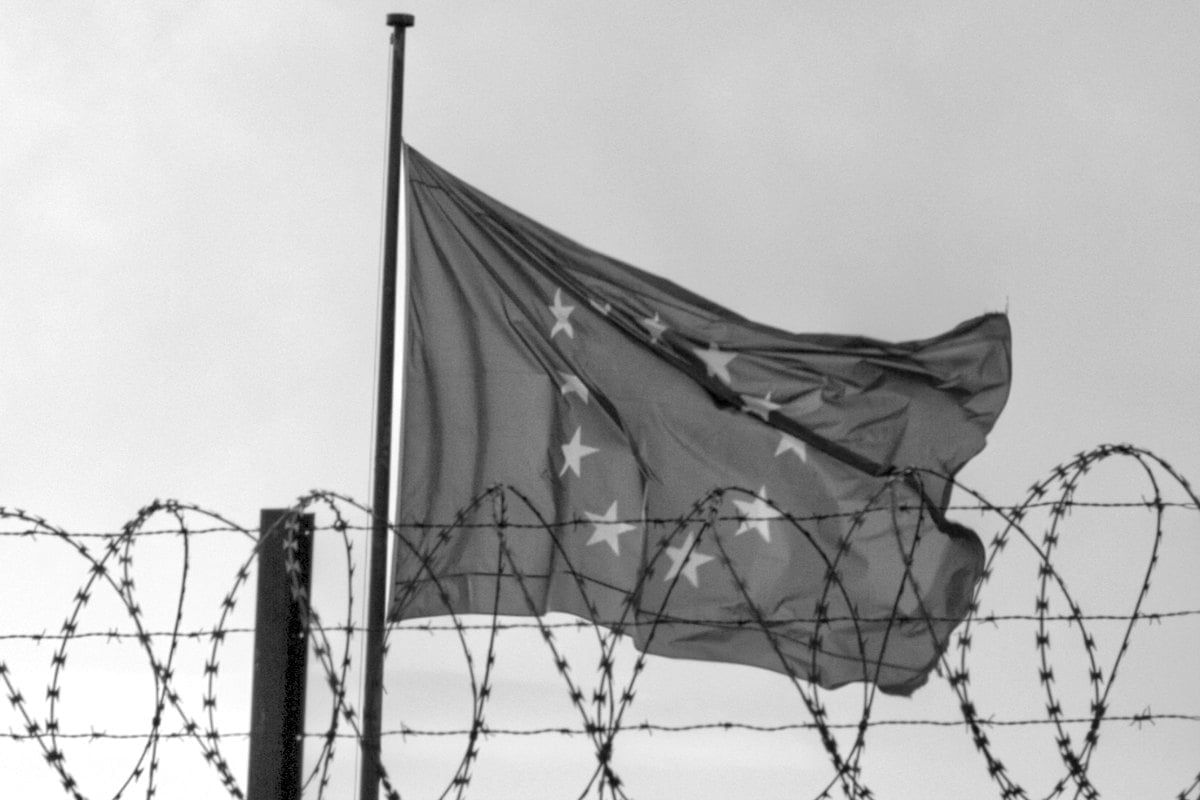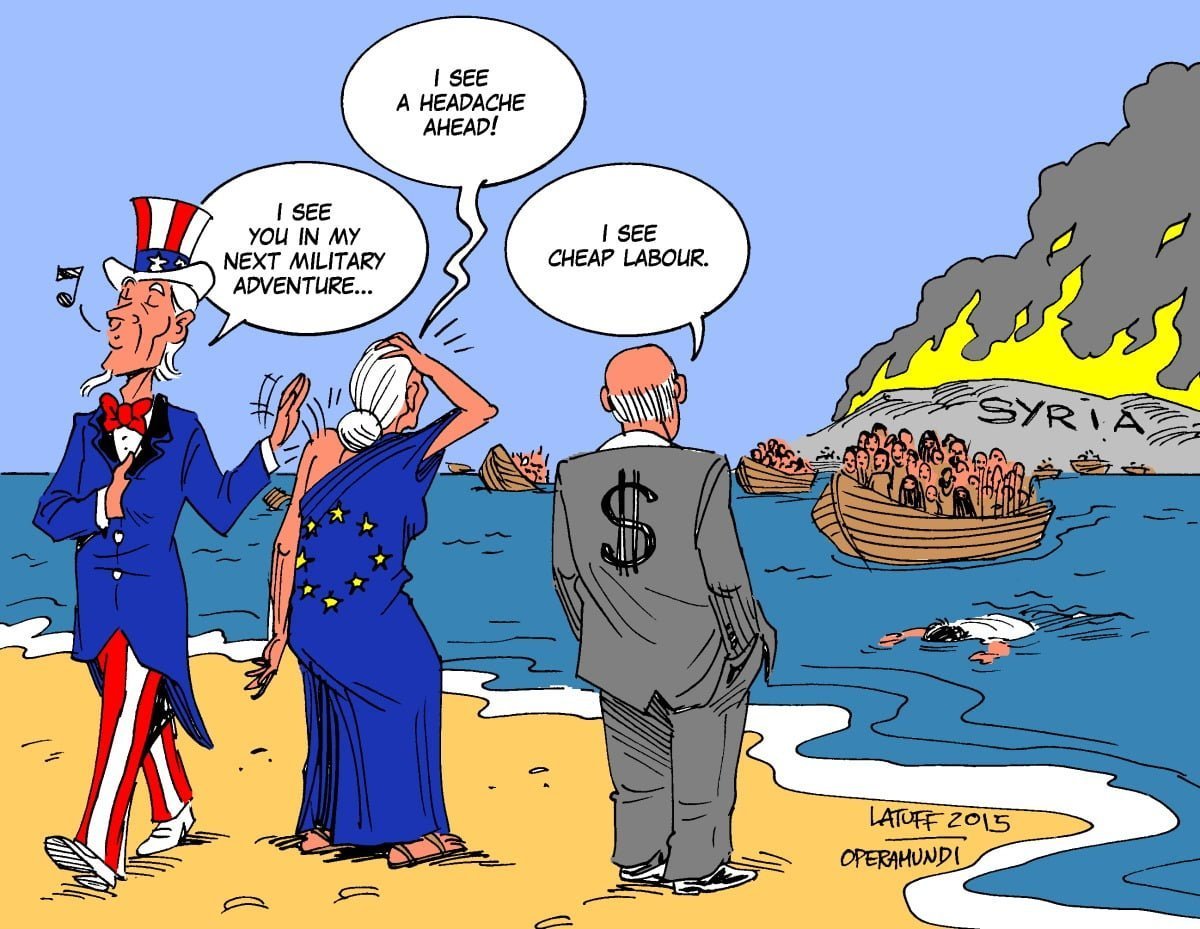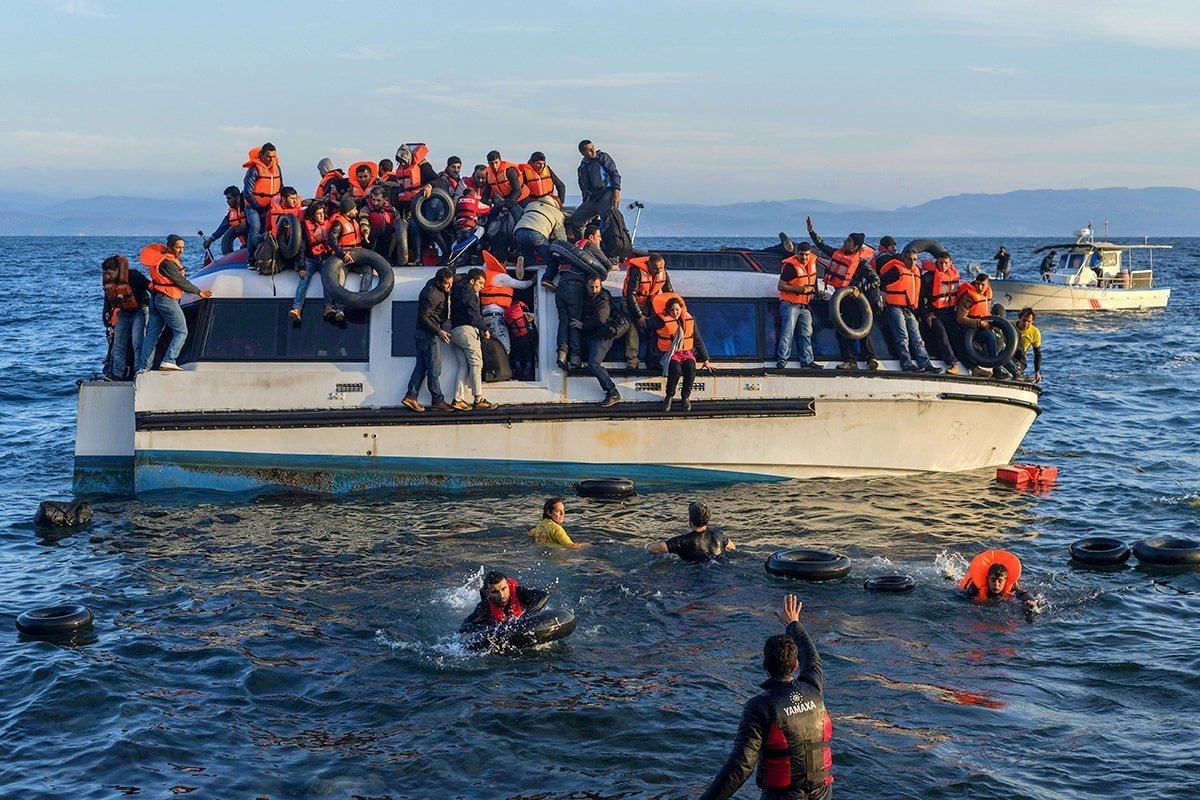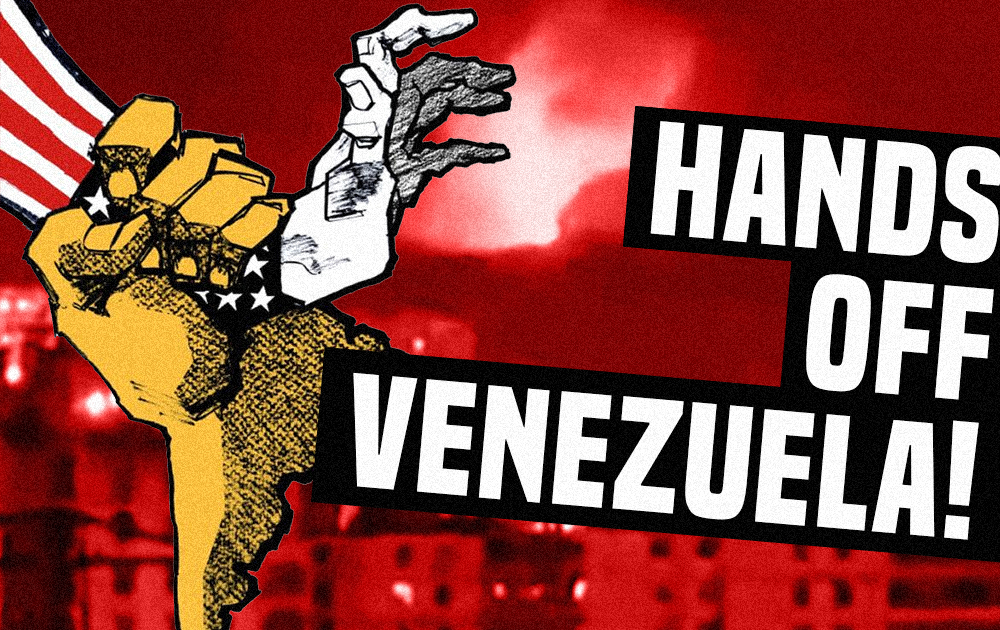Joan Claravall from Spain looks at the horrific crisis facing those who are fleeing to Europe from war and poverty. But European leaders are all trying to pass the buck.
Earlier this month, nearly 2,000 people arrived in Spain by sea, most travelling in totally inadequate boats for the journey, risking their lives in the process. The vessel Aquarius drew media attention after the newly installed Spanish president, Pedro Sánchez, decided to allow its passengers in after Italy refused to let them shore up. The ship was carrying 629 people, 123 of them under 18, who were mainly travelling on their own.
Since the beginning of the year, Spain has already rescued around 300 dinghies, transporting around 6,600 people; and from January to March, 130 people have been registered as losing their lives in transit. During 2017, the number of people assisted grew considerably compared to the previous year, a projection that is set to continue during 2018. In the first part of this year alone, there has already been a 38 percent increase in the number of people arriving on Spanish shores.
The refugees that arrive in Europe come from poor regions, where misery predominates and wars have caused destruction and chaos. The decision to embark on such a dangerous and often deadly journey isn’t made lightly. The huge amount of money paid to mafia organisations who facilitate the voyages, and the conditions, treatment, and materials used by these gangsters, make travelling very costly and hazardous, even before embarking. The International Organisation for Migration (IOM) published reports where it exposed the emergence of a slave market in Libya: a clear example of the dangers posed.
Unfortunately, the situation for refugees doesn’t improve much once they’ve arrived in Europe. In Spain, NGOs have denounced many times over the conduct of the authorities in the treatment of refugees, a criticism that could also apply to the European Union as a whole. It’s the NGOs and volunteers who assist the newcomers, while state institutions do all they can to avoid moving a finger; or worse, try to expel new arrivals as quickly as possible.
Divisions in the European Union
 The migrant ‘problem’ has for some time affected the fundamental pillars that sustain the trading bloc (free movement of capital, goods and labour) and it’s contributing to the widening of existing cracks.
The migrant ‘problem’ has for some time affected the fundamental pillars that sustain the trading bloc (free movement of capital, goods and labour) and it’s contributing to the widening of existing cracks.
The crisis provoked by Italy’s refusal to accept the Aquarius caused a diplomatic spat between it and France. The decision was a product of the new government, formed towards the end of May, composed of the populist 5 Star Movement and the ultra-right League. The interior minister and leader of League, Matteo Salvini, used the occasion presented by the Aquarius episode to promote his ideas.
Despite the reactionary nature of Salvini, he does have a point when he criticises the EU for its management of the migrant ‘problem’.
In 2015, the EU agreed to the redistribution of 160,000 migrants from Italy and Greece to other countries within the union, a plan that ended in 2017 with a mere 17 percent completion.
French President, Emmanuel Macron, described the refusal as “cynical” and “irresponsible”. Macron’s hypocrisy is palpable given his own record of racist comments.
Nevertheless, Macron represents the decline of liberalism, which on the one hand sheds crocodile tears for the human catastrophe that is the mass migration of refugees, and on the other hand, in practice, acts against the refugees to safeguard the interests of the big capitalists and bankers. The EU’s scandalous deal with Turkey in 2016 is a clear example of this.
The shockwaves provoked had a considerable impact in Germany, where Angela Merkel’s position wobbled. The interior minister, Horst Seehofer, demanded a hard stance and managed to force an ultimatum with a two-week deadline on Merkel. Now, the chancellor has to negotiate a deal with the other European countries to find a ‘solution’ to the migrant crisis. Seehofer represents a section of the more conservative German bourgeoise; nevertheless, in the general context of capitalism’s decline, he reflects the interests of the ruling class as a whole.
Austerity isn’t a political decision. It arises from the current conditions that impose themselves on the will of individuals or nations. The necessity to maintain maximum profits in an economy that is stagnant or in crisis is translated into an attack on the conditions of the working class, who are made to bear the brunt while the bourgeoise safeguards its interests.
If the respective capitalists don’t have the necessary resources to make concessions to their own working classes – or worse, if the ruling class finds itself forced to redouble the exploitation of their workers to remain competitive in the internal and external market – how are they to afford concessions to migrants or refugees?
Added to this is the strategy of divide and rule. It’s in the interests of the capitalists to pit worker against worker and create divisions within the toiling class so that it can exploit it more easily and intensely, generating a declining spiral of wages and working conditions.
It’s obvious that the different European governments use the migrant issue as a hot potato that they pass onto each other to gain electoral margins. Nevertheless, this recent migrant crisis is reopening a front that further complicates the unity of the bloc, which already has plenty of problems to deal with, such as Brexit; confrontation with its most vital ally, the US; and an economic situation that (to put it mildly) looks bleak.
Imperialism
 Imperialism is the direct cause for the suffering of thousands of migrants who, lacking any clear alternative, decide to risk their lives on the dangerous journey to Europe.
Imperialism is the direct cause for the suffering of thousands of migrants who, lacking any clear alternative, decide to risk their lives on the dangerous journey to Europe.
The military interventions in Syria, Libya, Iraq and Afghanistan have caused chaos, destruction, and the deaths of millions of innocent people, as well as the spreading and strengthening of fundamentalist groups. These have been able to fester in the vacuum created as a result of the destruction state apparatuses, and they derive strength from widespread misery and hatred towards imperialism.
Africa remains under the domination of the imperialist countries, who during the colonial revolutions lost their military control of territory but did not loosen their economic grip. In the last analysis, this is the determining factor.
Nevertheless, countries like France continue to have a permanent military presence in countries like Mali, Niger, the Ivory Coast, Burkina Faso, Djibouti, etc. The dominant classes in the African countries act as the lackeys of the imperialists: they manage the systematic looting of the continent by the imperialists. And for the job well done and the maintenance of order they receive substantial sums of money and power while subjecting most of the population to absolute poverty.
The situation in Libya is the direct result of the imperialist intervention of the NATO, directed by France and Britain. The result is a devastated country: a paradise for human trafficking, with de facto three governments, dominated by fundamentalist Islamic gangs and warlords.
It is therefore not the case that a ‘migrant wave’ has flooded into Europe, seeking ‘better jobs and better lives’, as the establishment media characterises it. In fact, millions of people have been forced out of their countries because of wars, hunger and misery, provoked directly by the imperialist countries that shamelessly present the refugees as a threat.
What can be done?
 Already this week, the EU has suggested a new “solution” to resolve the migrant crisis: creating centres outside of the bloc where migrants are evaluated to determine if they are refugees or economic migrants. This proposal does not seek solutions to the misery and destruction that provoked the migrant crisis, but merely erects further walls.
Already this week, the EU has suggested a new “solution” to resolve the migrant crisis: creating centres outside of the bloc where migrants are evaluated to determine if they are refugees or economic migrants. This proposal does not seek solutions to the misery and destruction that provoked the migrant crisis, but merely erects further walls.
It’s indisputable that the resources exist on a world scale to provide everyone with a dignified life. The problem is that this wealth is concentrated in a few hands.
Migrants risking their lives to reach Europe are not the ones who cut social services and education; who force the eviction of tenants or homeowners; and who steal millions via the privatisation of public services.
On the contrary, the people responsible for austerity and the suffering of the working class are the bankers and big business tycoons, the corrupt politicians, and representatives of the EU who write and enforce programmes of aggressive cuts. These are our real enemies.
In Spain, there are about three million homes in the hands of the banks; nevertheless, the number of homeless people is on the rise. The struggle to welcome refugees is inseparable from the struggle for the expropriation of these empty houses, which could not only be used to house refugees, but also thousands of homeless people, families, and young people living in inadequate houses or who don’t have access to accommodation at all.
The struggle for a universal health system is also inseparable from the struggle against austerity and for quality public services.
The downward spiral of salaries and working conditions must be fought collectively by workers, united irrespective of our nationality, the colour of our skin, our gender, and so on.
In the last analysis, the ‘problem’ of the current migration crisis is inseparable from the crisis of capitalism. It will never be solved under the current system. The struggle to truly resolve the plight that millions of people are going through is linked directly with the international struggle against capitalism and for socialism.
- Refugees are welcome – make the capitalists pay!
- Down with imperialist wars and looting.
- Down with the rotten capitalist EU! For a Socialist United States of Europe
- Down with capitalism – the fundamental cause of war and suffering for millions.






